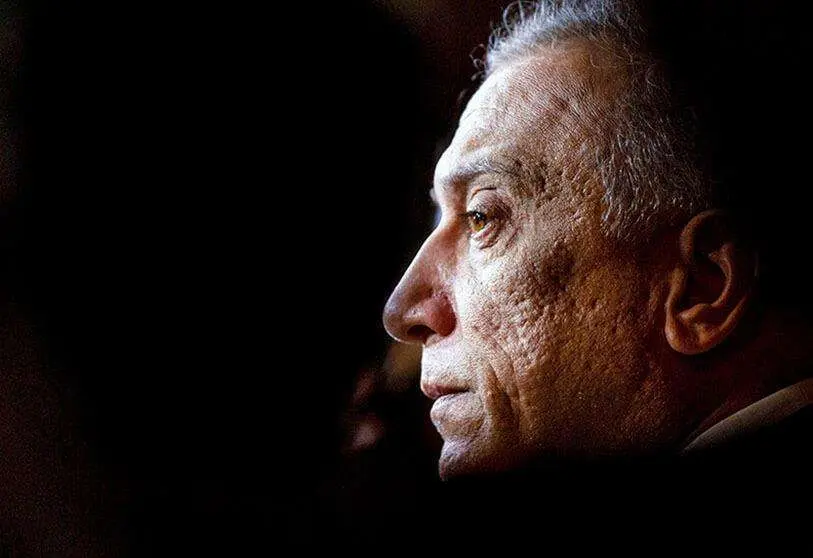Iraqi prime minister hopes Iran and Saudi Arabia will reach agreement soon

Iraqi Prime Minister Mustafa al-Kazemi, whose government has played an important mediating role in the year-long talks between diplomatic delegations from Iran and Saudi Arabia, is confident that the two countries will soon reach an understanding, he said in an interview published on Saturday.
"The brothers from Saudi Arabia and Iran treat the issue of dialogue and the requirements of the region with high responsibility and we are sure that the understanding between the two sides is close," Al-Kazemi told the Iraqi state-run daily Al Sabah when asked about the mediation efforts led by Iraqi diplomacy.
This agreement will bring "a great improvement in relations between all the countries in the region", he said, warning that the Middle East region will not be able to keep pace with global development "without resolving its problems and putting an end to its crisis", especially in a context marked by the economic crisis aggravated by the war in Ukraine.
Al-Kazemi's statements come shortly after Baghdad hosted the fifth and so far last round of negotiations between Tehran and Riyadh on 21 April, which the Iranian government described on Monday as "positive and serious", a sign of progress in terms of content.
Saudi Arabia and Iran, considered the Sunni and Shiite powers in the region, have not had diplomatic relations since 2016 when Riyadh decided to break ties with the Islamic Republic after attacks on Saudi diplomatic offices in the Persian country following the execution of a leading Shiite cleric in the Wahhabi kingdom.
In April last year, talks between the two nations began in secret under the mediation of Iraq, a country with a majority Shia but a large Sunni population, a characteristic that gives it the legitimacy to act as a balance in the talks, although their existence was not publicly confirmed until May.
In mid-January, Iran sent three diplomats to Saudi Arabia as representatives to the Organisation of Islamic Cooperation (OIC), the first time in six years that Tehran has had a presence in the country with which it disputes hegemony in the Middle East and with which it is also engaged in a proxy war in Yemen, currently under a ceasefire regime, where Riyadh has led the coalition forces and Tehran has backed the Yemeni insurgents.








